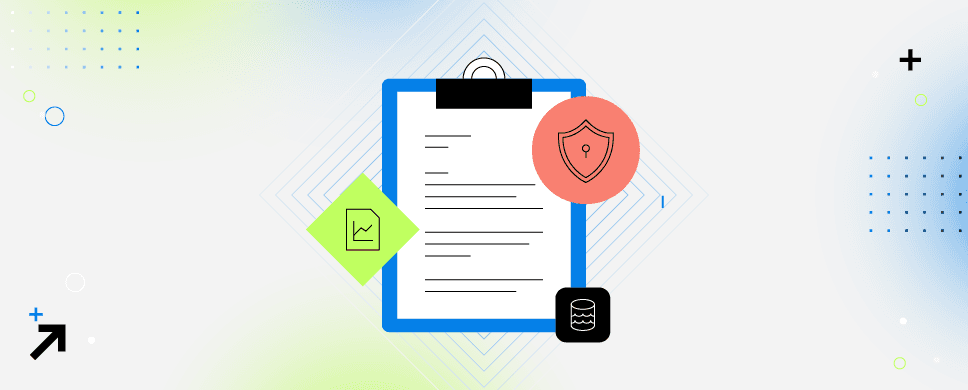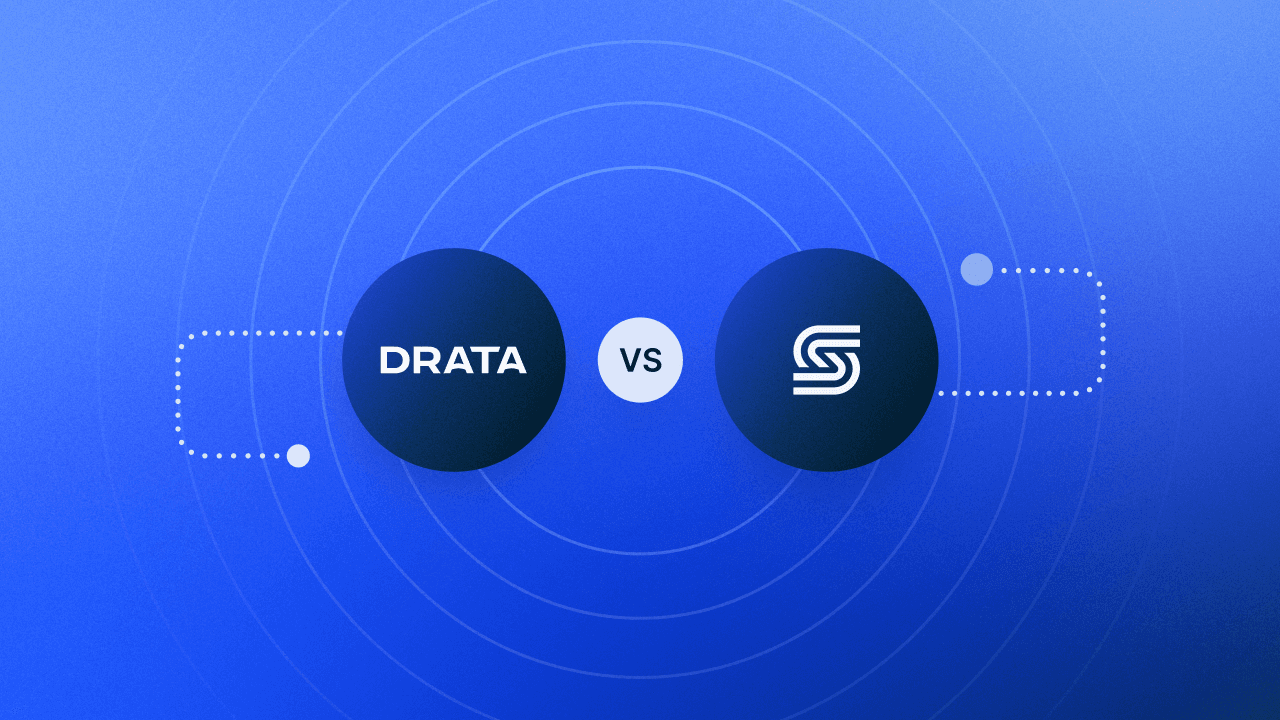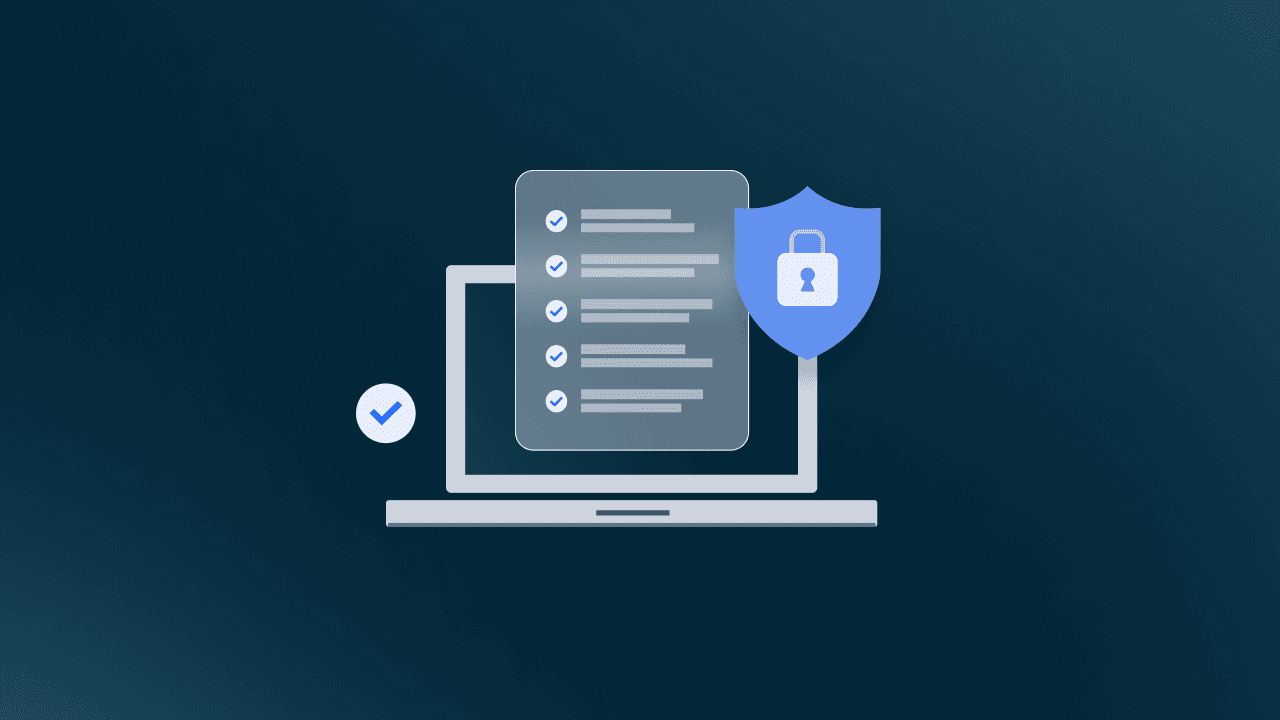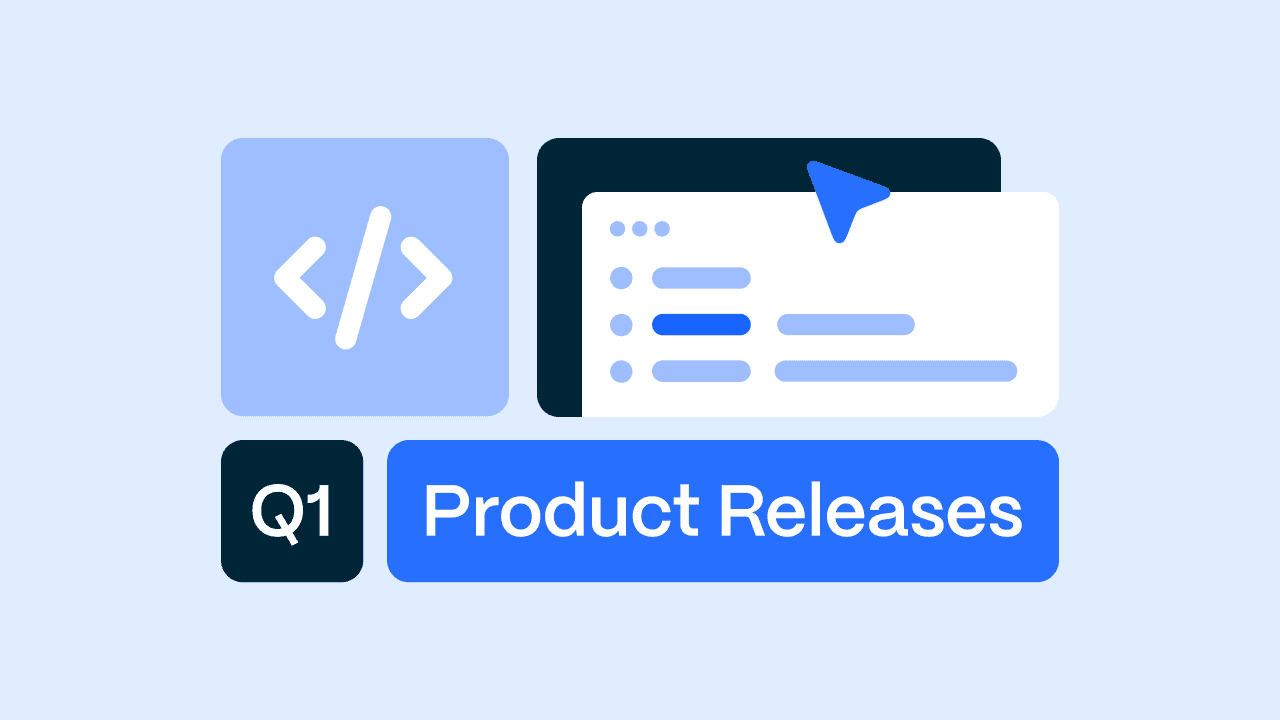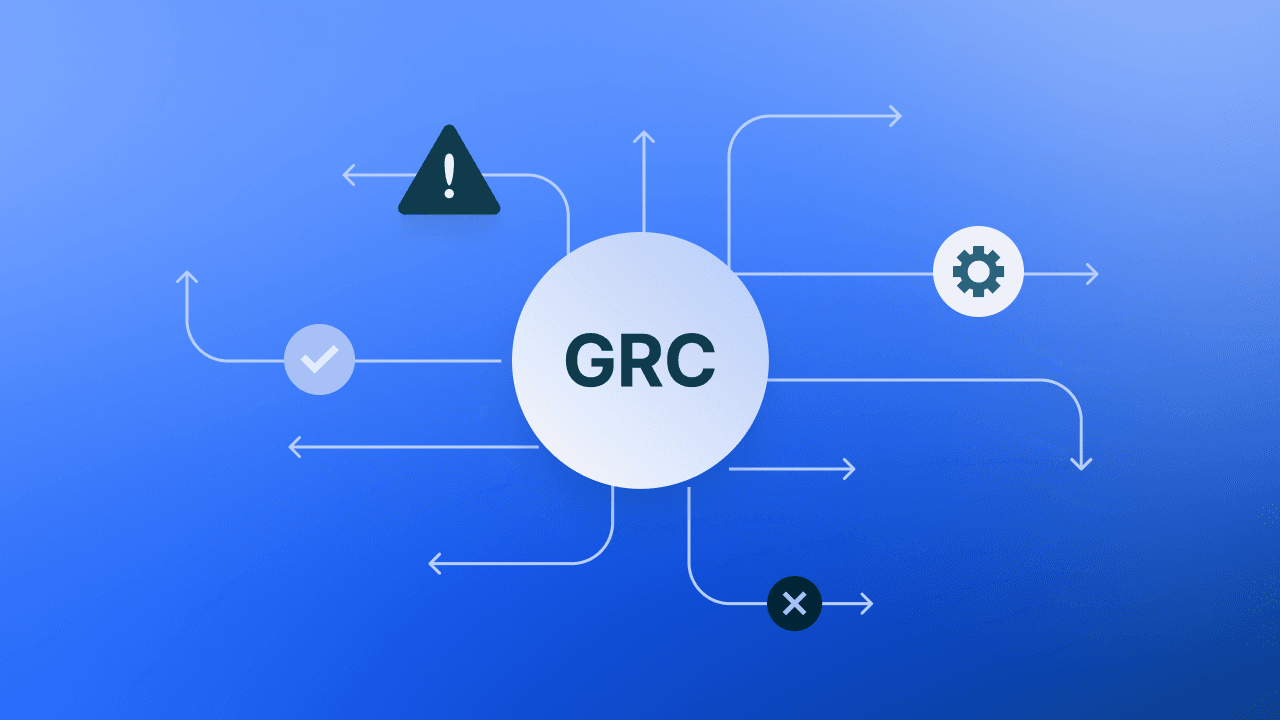PCI DSS Compliance Cost: What It Takes to Become Certified
Need some help sorting through the details of PCI DSS compliance? Learn more about PCI compliance costs and its requirements.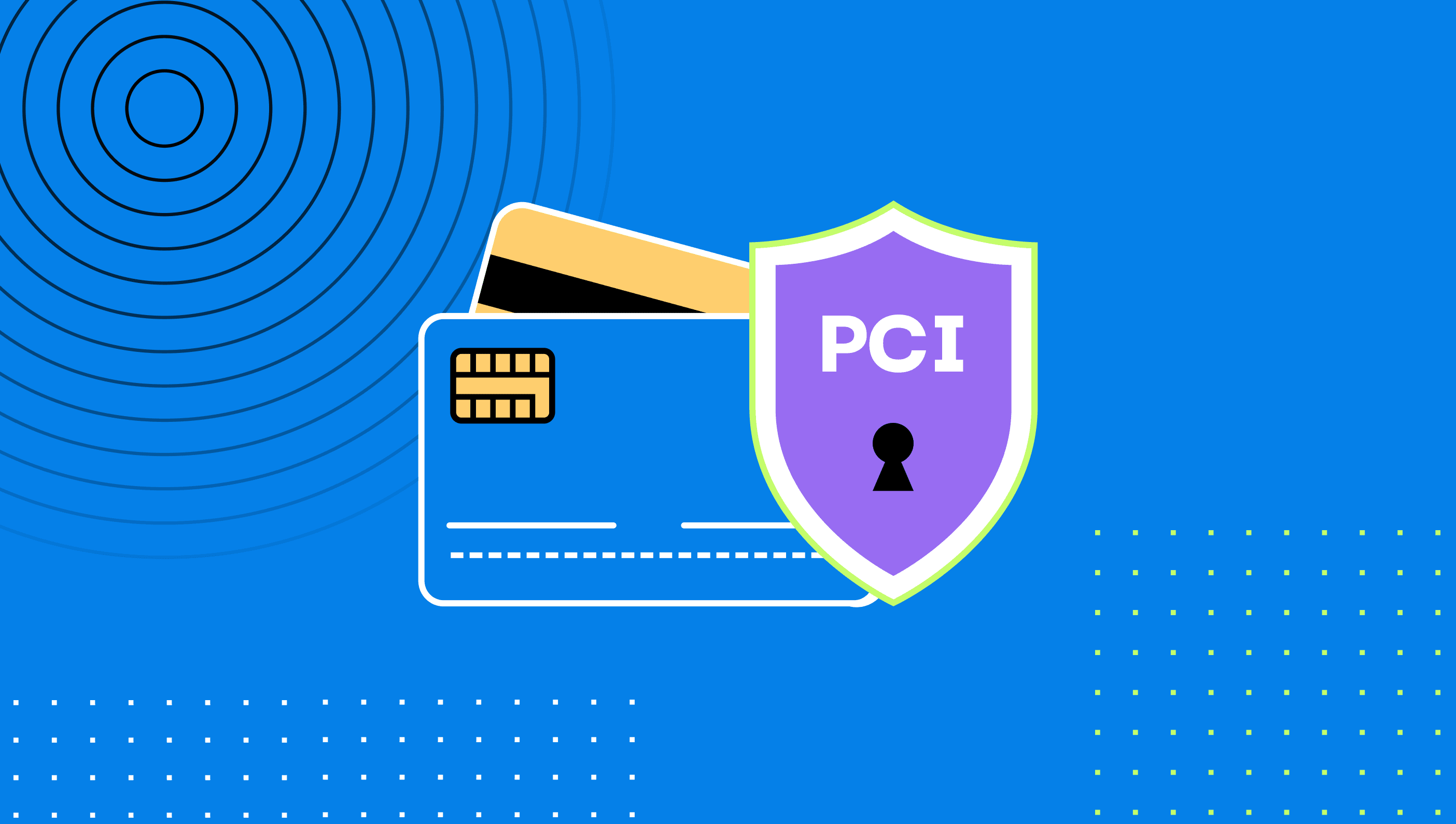
In a 2020 study from SecurityMetrics, research showed that only 43% of PCI DSS requirements were met at the time of a data breach. Worse, none of the organizations were 100% compliant at the time of a breach. That means a lot of cardholder data, customers, and organizations are at risk. Especially as the number and complexity of data breaches increase. Need some help sorting through the details when it comes to PCI DSS compliance? Consider this article your crash course to the costs associated with achieving this for your organization. Here’s what this article will cover:
What is PCI DSS Compliance?
Does My Company Need to be PCI Compliant?
What Does a Security Assessment Cost?
How Can I Make Sure My Company Passes a PCI Compliance Audit?
What Are the Costs of Non-Compliance?
What is PCI DSS Compliance?
The Payment Card Industry Data Security Standard (PCI DSS), also known as the PCI DSS, is the de facto standard for payment card security requirements. The major card brands developed it—Visa, MasterCard, American Express, and Discover—to ensure that merchants and other organizations that accept payment cards implement robust security practices to protect consumer information from theft. If you want to learn more about the specifics, you can find current PCI DSS documents can be on the PCI Security Standards Council website. In the document library, you’ll find a framework of specifications, tools, measurements, and support resources to help organizations ensure the safe handling of cardholder information at every step.
Does My Company Need to Be PCI Compliant?
Organizations that accept payments through credit or debit cards, must become PCI DSS compliant. Failure to do so could result in fines from your bank or card issuer or even losing your ability to accept credit card payments altogether.
And, if your company has an e-commerce website or platform, you should prioritize PCI compliance to help protect your customer and client information. Third-party service providers that access, receive, or transmit cardholder data on behalf of a merchant would also be required to be PCI compliant.
Having this knowledge is just the first step. Once companies realize how important it is to become PCI compliant, they often run into another issue—they aren’t sure how to budget for it. That’s because many of the costs aren’t always made clear or stakeholders aren’t aware of all the requirements. Costs depend on several different factors, so it’s important to ensure you budget enough.
What Does a Security Assessment Cost?: Understanding the Variables That Make an Impact
The cost of PCI compliance can vary depending on the size and complexity of your company. Here’s a closer look at some different considerations to think about before you put your budget together.
Business Type
What kind of business do you have and who do you serve? How many transactions do you process every quarter? The answers to these questions may influence PCI compliance costs. More complex environments will require a bigger budget. There are four PCI levels your business may fall into, depending on your number of card transactions.
PCI Level 1: Over 6 million transactions per year.
PCI Level 2: 1 million to 6 million transactions per year.
PCI Level 3: 20 thousand to 1 million transactions per year.
PCI Level 4: Less than 20 thousand transactions per year.
Team Size and Effort
Your most important asset when it comes to staying secure and staying in compliance is your staff. When looking at PCI DSS compliance specifically, this means that you need to factor in the time it takes to complete related initiatives, like security training. You may also need to consider the productivity costs, which could impact other projects.
One way to get an estimate of these costs is to think about how many people on your team either need training or will work directly on this initiative. Then, consider the time investment and multiply it by their hourly rate.
Data Encryption
PCI DSS compliance requires you to protect cardholder data, and encryption plays an important role in that. There are likely to be internal costs and resources that are associated with storing encrypted payment data.
Penetration Testing and Vulnerability Scans
Completing penetration testing will help you assess vulnerabilities in your applications, network infrastructure, and physical security barriers. Vulnerability scans consist of computer programs that scan your network, system, or application to identify weaknesses. Scans are often automated and can be scheduled to run at a specific time or frequency.
Both of these tests typically cost thousands of dollars, but the exact number will depend on your organizational complexity. To learn more about both of these and what you can expect from each, read our comparison guide.
Hiring a Consultant
If no one in your organization has experience with what it takes to become PCI DSS compliant, hiring a consultant can help you save time and reduce the stress that comes with the process. You’ll need to compare independent consultants and their rates to determine what will fit your budget.
Number of Implemented Controls
The number of controls you need to implement will depend on how you process cardholder data and whether or not you store cardholder data on your systems. If you outsource the processing of cardholder data to third parties, your costs will be reduced since you won’t have to implement as many controls.
However, if you store cardholder data on your systems, you will most likely have to implement every control PCI DSS requires, which would greatly increase your costs.
Compliance Audits
Once you achieve PCI compliance, you’ll also have ongoing audits to ensure your organization stays that way. For smaller businesses, the ongoing costs of compliance expenses and audits could be hundreds of dollars. For large enterprises, it’s not uncommon for these annual costs to climb into the thousands.
How Can I Make Sure My Company Passes a PCI Compliance Audit?
If you aren’t sure where to start, a third-party PCI compliance service provider can help your business establish and maintain the processes and procedures needed to comply with all requirements laid out by this standard.
Aside from that, don’t rush the process. It could take days, or it could take weeks. What matters most is that you’re thorough at each step. Failing to do this may result in additional costs and unnecessary delays.
Ready to Streamline Your Path to PCI DSS Compliance?
Whether you’re starting your journey to PCI DSS compliance or are looking to remain compliant, your organization can benefit from putting systems in place to help you automate the process. Schedule some time with our team to find out how Drata can help.

